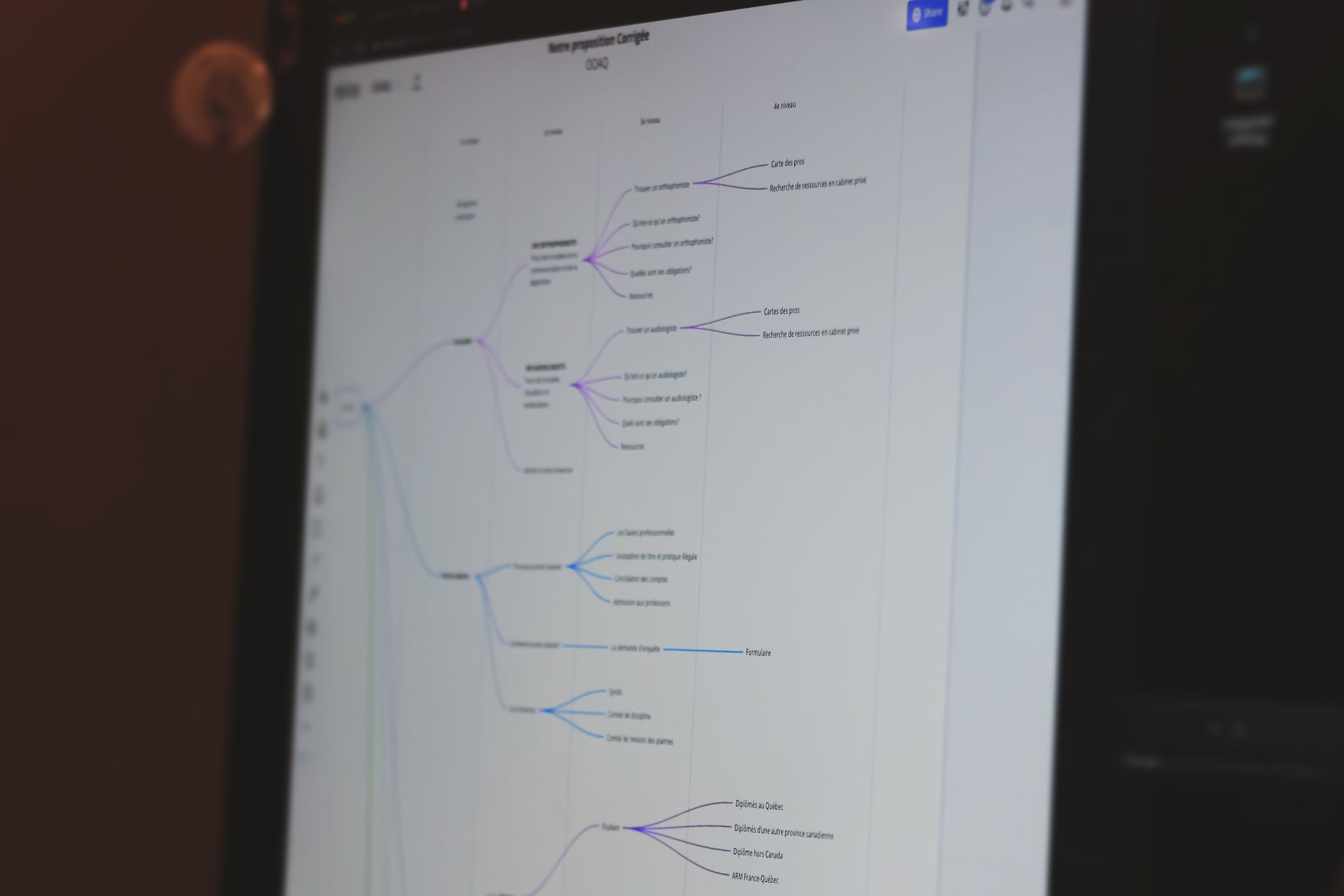
The Rise of AI Agents: AutoGPT and Beyond
Published 6 months ago • 2 mins read
In recent years, we've seen artificial intelligence evolve from simple chatbots to powerful large language models (LLMs) like GPT-4. But now, a new wave is emerging — AI agents. These systems don't just generate responses; they plan, execute, and adapt like digital employees. One standout example is AutoGPT.
What is an AI Agent?
An AI agent is a software system that can make decisions and perform actions to achieve specific goals, without constant human guidance. Unlike traditional AI models that respond only when prompted, AI agents can think through tasks, make decisions, access tools, and iterate their process autonomously.
Enter AutoGPT
AutoGPT is one of the most talked-about open-source projects in the AI space today. Built on top of OpenAI’s GPT models, AutoGPT chains thoughts and tasks together to perform complex operations, such as:
- Market research
- SEO content generation
- Business automation
- Data analysis
How AutoGPT Works
Here’s a simplified breakdown:
- The user gives a high-level goal (e.g., “Build a personal blog site”).
- AutoGPT breaks it down into subtasks.
- It uses tools like web browsers, file systems, and APIs to complete each task.
- It loops through planning and execution until the goal is achieved or more input is needed.
Beyond AutoGPT: Other AI Agents on the Rise
Several new players are emerging in this space:
- BabyAGI: A task management system with memory and prioritization capabilities.
- AgentGPT: A no-code interface to create goal-driven AI agents in your browser.
- MetaGPT: Designed to function like a virtual product manager and team.
Why AI Agents Matter
AI agents signal a move from reactive AI to proactive AI. They’re ideal for small businesses, startups, researchers, and developers looking to:
- Automate repetitive workflows
- Delegate strategic planning
- Reduce operational overhead
- Accelerate product development
Challenges & Considerations
Despite their promise, AI agents are still early-stage technologies. Some challenges include:
- Inconsistent decision-making
- Security and ethical concerns
- Reliability across multiple tasks
The Future of Autonomous AI
As AI agents evolve, we may see them integrated into operating systems, developer tools, customer support systems, and even physical robots. The vision? Fully autonomous systems capable of managing businesses, coordinating logistics, and creating products with minimal human input.
Conclusion
The rise of AI agents like AutoGPT marks a major shift in how we interact with and benefit from artificial intelligence. These technologies are no longer just assistants—they’re becoming collaborators. Staying updated and experimenting with these tools early can give you a competitive edge in this fast-evolving digital landscape.
